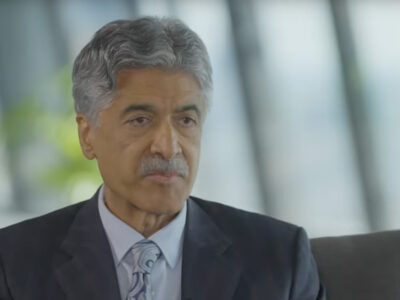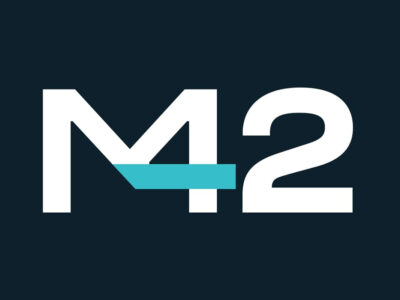Having worked in the UK for many years as a coronary care unit manager, the prospect of relocating from a career I was very familiar with, to living and working in Dubai, was frankly daunting.
Cardiac nursing in the UK was busy, rewarding, and – as in any job – sometimes frustrating. For many years I worked autonomously alongside a number of consultant cardiologists, who were very supportive and encouraging of the initiatives I developed to improve patient care, both in and out of hospital. As is widely known, statistics published by the British Heart Foundation state that coronary heart disease is the most common cause of premature deaths in the UK. It accounts for 22% of deaths in men and 13% in women. One of my roles as a unit manager, aside from the acute care, was to ensure that my team and I bridged the gap between the patient and the cardiac rehabilitation team, by addressing cardiovascular risk factors. Cardiac rehabilitation, as defined by the World Health Organization, was considered to be a major part of the patient care process.
In terms of medical care and its providers, Dubai is a superb place on many levels. However, the healthcare sector seems hesitant to utilise the full potential of its nurses. Nurse-led clinics have yet to be embraced. There also appears to be a lack of routine patient follow-up, post cardiac event, by nurses as individuals or teams, as seen in UK hospitals or home-based cardiac rehabilitation programmes.
The benefits of these programmes, both for patients and the healthcare sector, are varied and many. Nurses with specialist skills are key to delivering one-on-one patient care on many issues, particularly when tackling cardiovascular risk factors such as smoking, hypertension and stress management. These risk factors can be addressed outside a one-tier approach of pharmaceutical therapy. The nurse, as a professional in his or her own right, can work in conjunction with the physician to boost patient care and reduce pressure on mainstream services. A recent Cochrane review, which examined 48 trials, found a 20% reduction in all-cause mortality and a 26% reduction in cardiac mortality at two to five years among patients who received cardiac rehabilitation. This ranks CR among the most effective and cost-efficient lifesaving interventions available to people with coronary heart disease.
Outside cardiac care, there has been much positive research to support nurse-led clinics. One such study in the UK looked at nurse-led secondary prevention clinics, whose remit was to promote medical and lifestyle components of secondary prevention. At one year, significantly more patients took aspirin, had better adherence to hypertension and lipid treatment, were moderately physically active and followed low-fat diets. This led to a fall in hospital admissions among the group, and an improvement in patients’ physical and functioning aspects of daily living. Few would argue against those results.
One of my key initiatives in Dubai will be to implement individualised cardiac patient follow-up, and to provide medical support. While one element will be to lower risk factors to prevent further cardiac events, a vital component of my role is to provide advice, reassurance and guidance to patients. I work in partnership with the consultant, creating a more complete package of care for the patient and a source of ongoing support and advice.
Ultimately, nurse-led clinics, and similarly nurse-led cardiac follow-up, provide an invaluable patient-centred approach to the management of chronic disease which builds upon skills such as counselling, teaching and health promotion. These are the very cornerstones of contemporary nursing practice and, with rising CVD rates, regional patients can only benefit from their introduction.
Julia Rooney RN, MSc, is a senior cardiac nurse at the German Heart Centre, based in Dubai Healthcare City. Correspondence to
[email protected]







